A boy who sent a naked photograph of himself to a girl at school has had the crime of making and distributing indecent images recorded against him by police, the BBC has learnt.
The boy, aged 14, who was not formally arrested or charged, could have his details stored for at least 10 years.
The information could also be disclosed to future employers, his mother said.
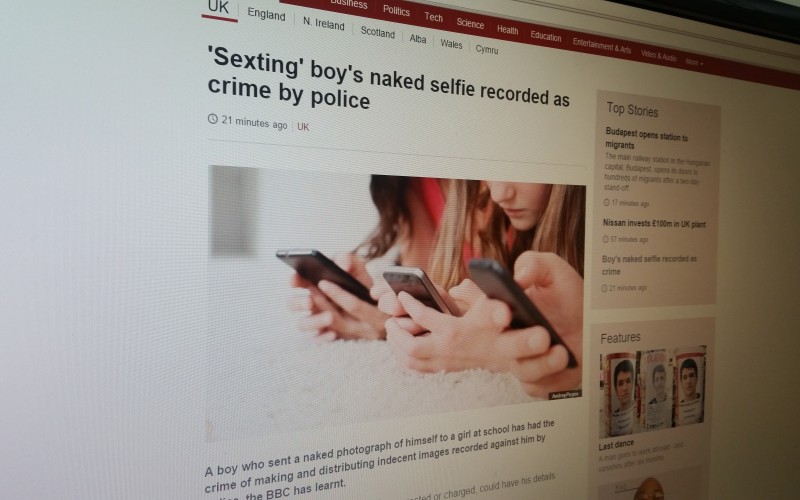
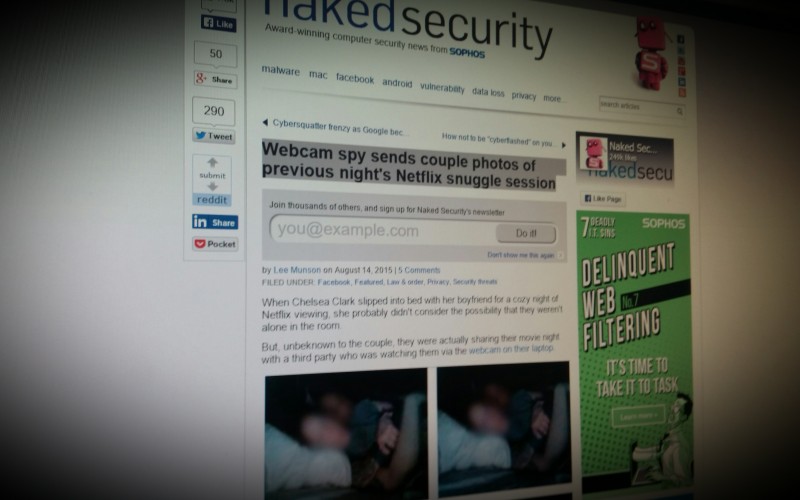
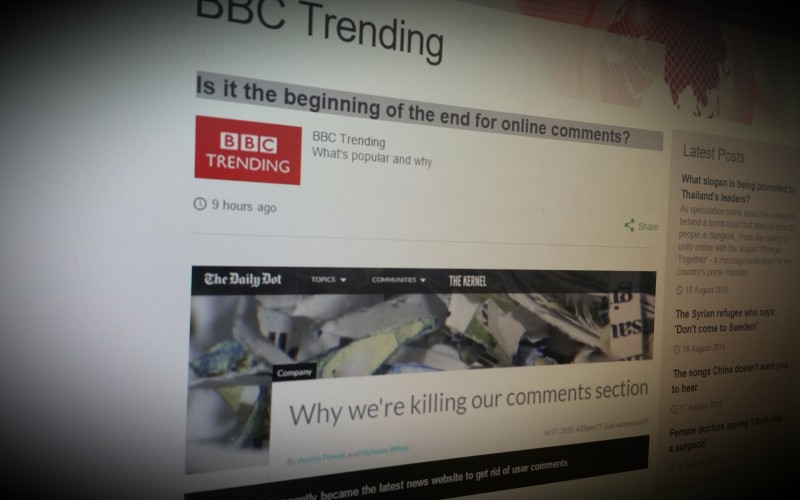
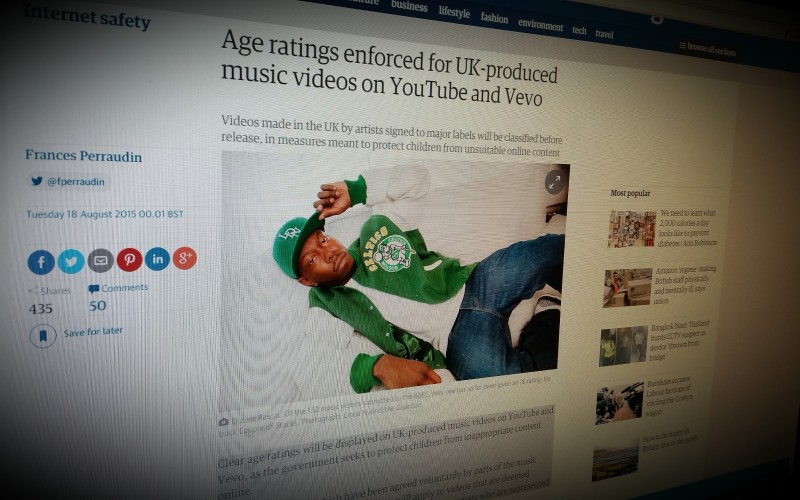
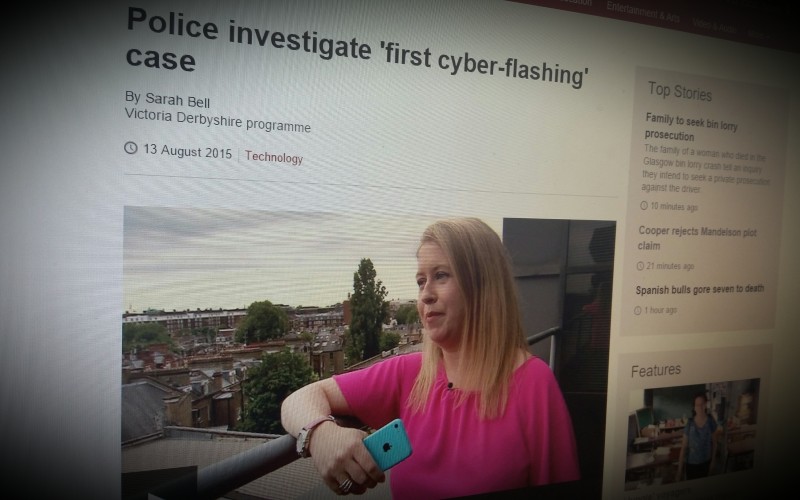

Comments
make a comment